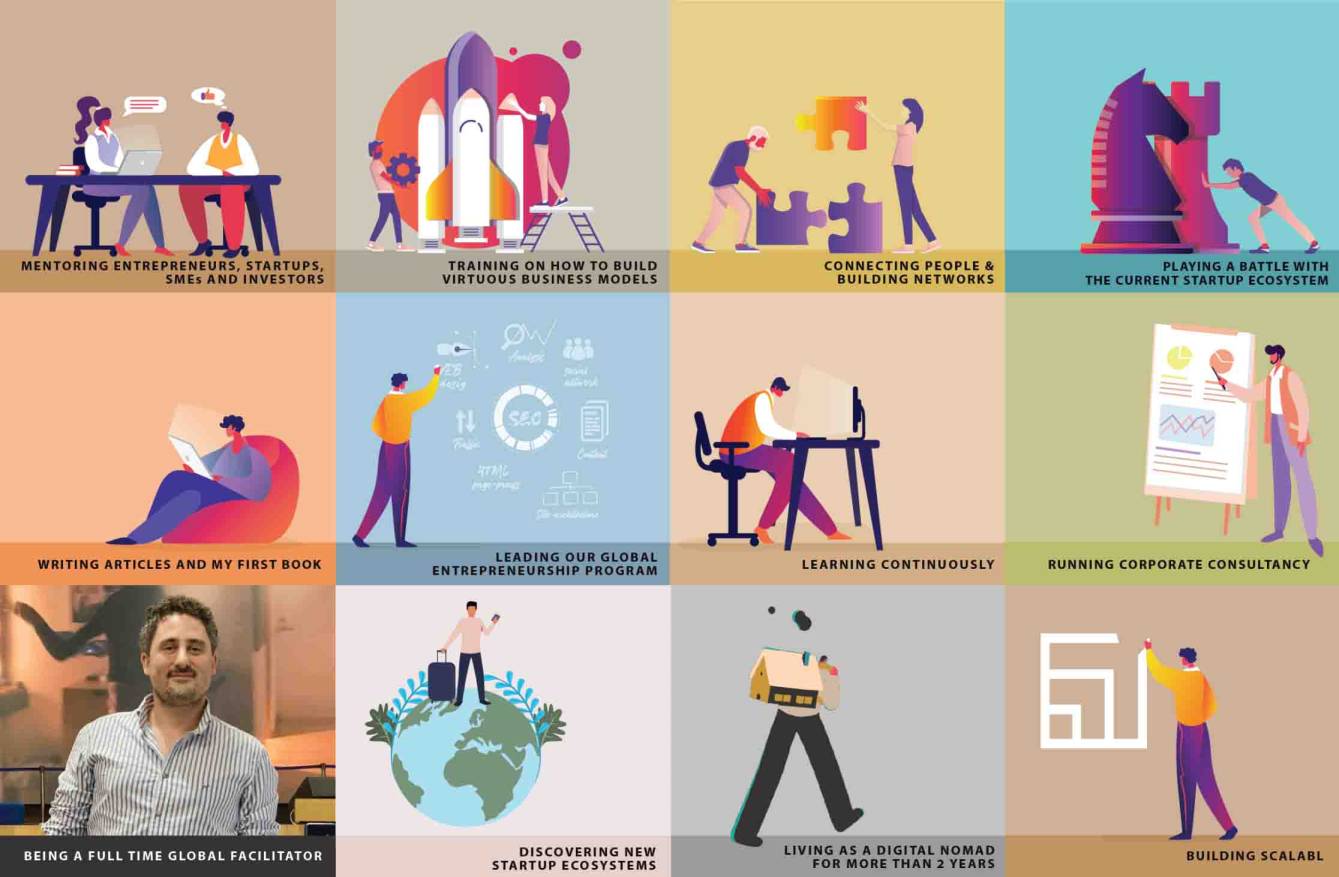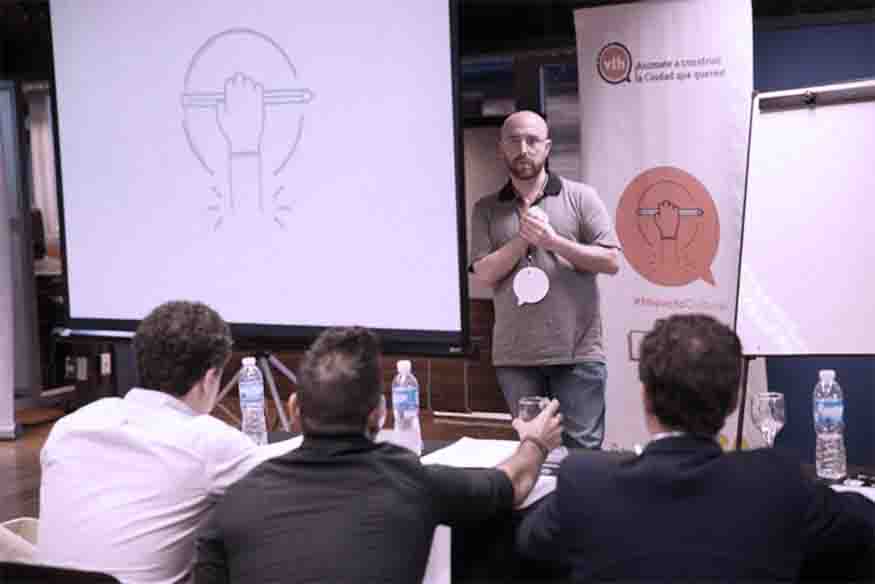

In "The Silk Roads: A New History of the World," Peter Frankopan shifts the focus of world history from a Eurocentric perspective to the pivotal role of the East, particularly the region once dominated by the Persian Empire. This comprehensive narrative underscores the importance of the Silk Roads, a network of trade routes that connected Asia, Africa, and Europe, facilitating not only the exchange of goods like silk, spices, and precious metals but also the flow of ideas, religions, and cultures. Frankopan argues that these interactions have been crucial to the development of civilizations and the globalized world we live in today. By highlighting the contributions of Eastern societies to global history, the book challenges traditional narratives that often overlook the complexity and interconnectedness of past civilizations.
Frankopan delves deep into the origins of the Silk Roads, tracing back to the fertile crescent's earliest civilizations and the subsequent rise of the Achaemenid Empire in Persia. This historical journey reveals how the Silk Roads were the lifeblood of commerce, thought, and innovation, enabling the spread of major religions like Buddhism, Christianity, and Islam. The author meticulously documents how these routes facilitated not just economic exchanges but also significant cultural and intellectual exchanges, which played a foundational role in shaping the world's major civilizations. This exchange led to an unprecedented integration of diverse cultures, laying the groundwork for the Renaissance and the modern age of globalization.
The book also explores the geopolitical dynamics that have revolved around the Silk Roads, from the ancient empires through the rise of Islam, to the Mongol conquests, and the age of European exploration. Frankopan highlights how the Silk Roads were central to the power struggles between empires and nations, influencing the course of history through wars, diplomacy, and alliances. The narrative provides insight into the strategic importance of these routes in global politics and economy, demonstrating how control over the Silk Roads has often equated to dominance on the world stage. This historical analysis offers valuable lessons for modern business leaders and policymakers on the significance of geopolitical strategy and the enduring importance of cross-cultural exchanges.
In more recent history, Frankopan examines the impact of Western imperialism and colonialism on the Silk Roads, critiquing the Eurocentric approach to global history. The book discusses the decline of the Silk Roads' influence as sea routes became the new highways of international trade, leading to the rise of Western powers and the marginalization of the East. However, Frankopan suggests that we are witnessing a resurgence of the East, with modern "Silk Roads" emerging in the form of economic initiatives like China's Belt and Road Initiative. This re-emergence underscores the ongoing relevance of the Silk Roads in shaping the global economic and political landscape, highlighting the cyclical nature of history and the rise and fall of powers over millennia.
"The Silk Roads: A New History of the World" brings a profound reevaluation of the narrative of human civilization. Frankopan's work is a clarion call for a more inclusive understanding of history, one that recognizes the interconnectedness of humanity and the shared contributions to our collective progress. For entrepreneurs, intrapreneurs, and business leaders, the book offers timeless insights into the importance of cultural intelligence, strategic thinking, and the value of embracing a global perspective. In a world that is increasingly interconnected yet fraught with challenges, the lessons from the Silk Roads are more relevant than ever, guiding on navigating the complexities of the 21st century with wisdom gleaned from the past.








